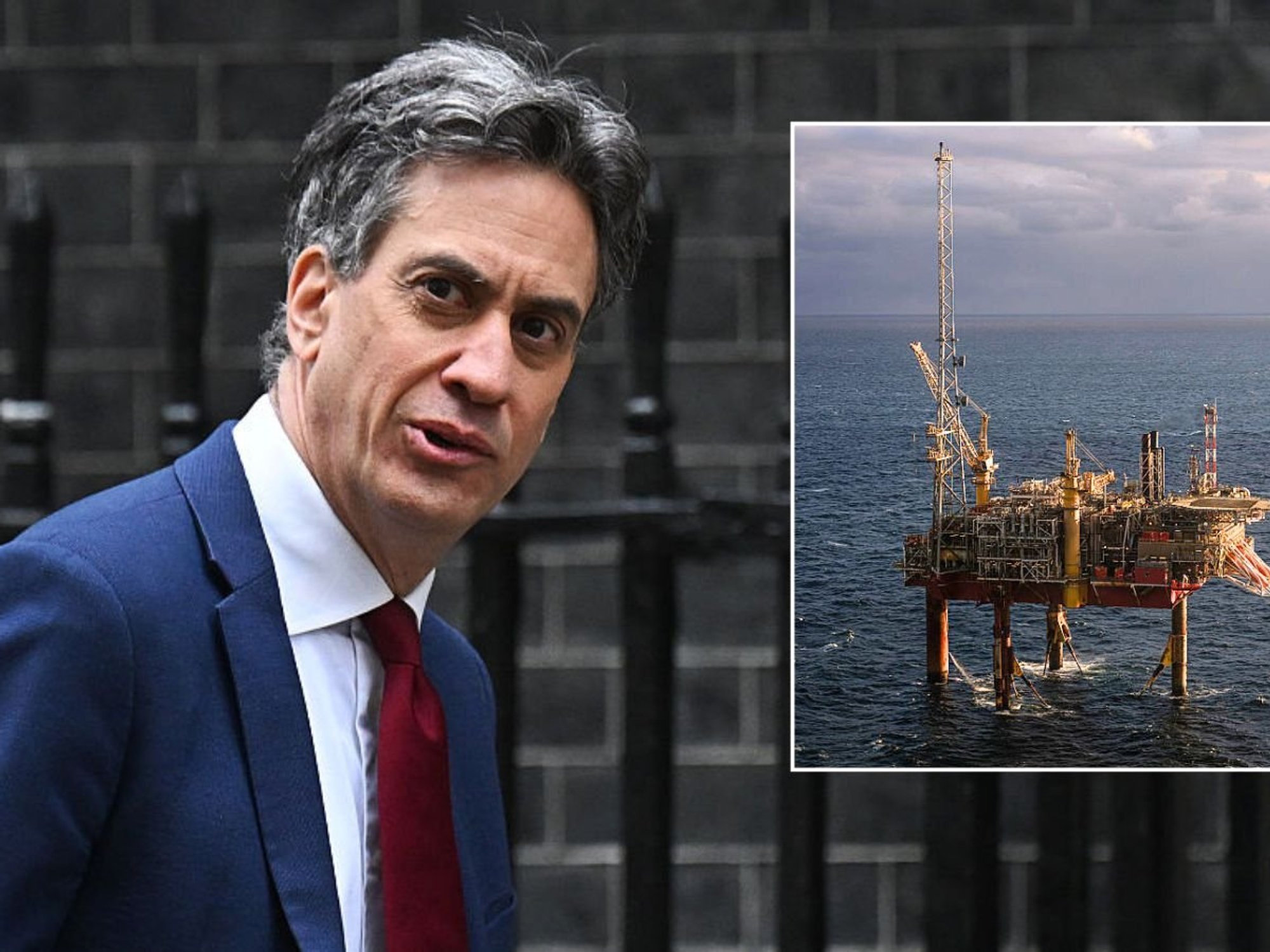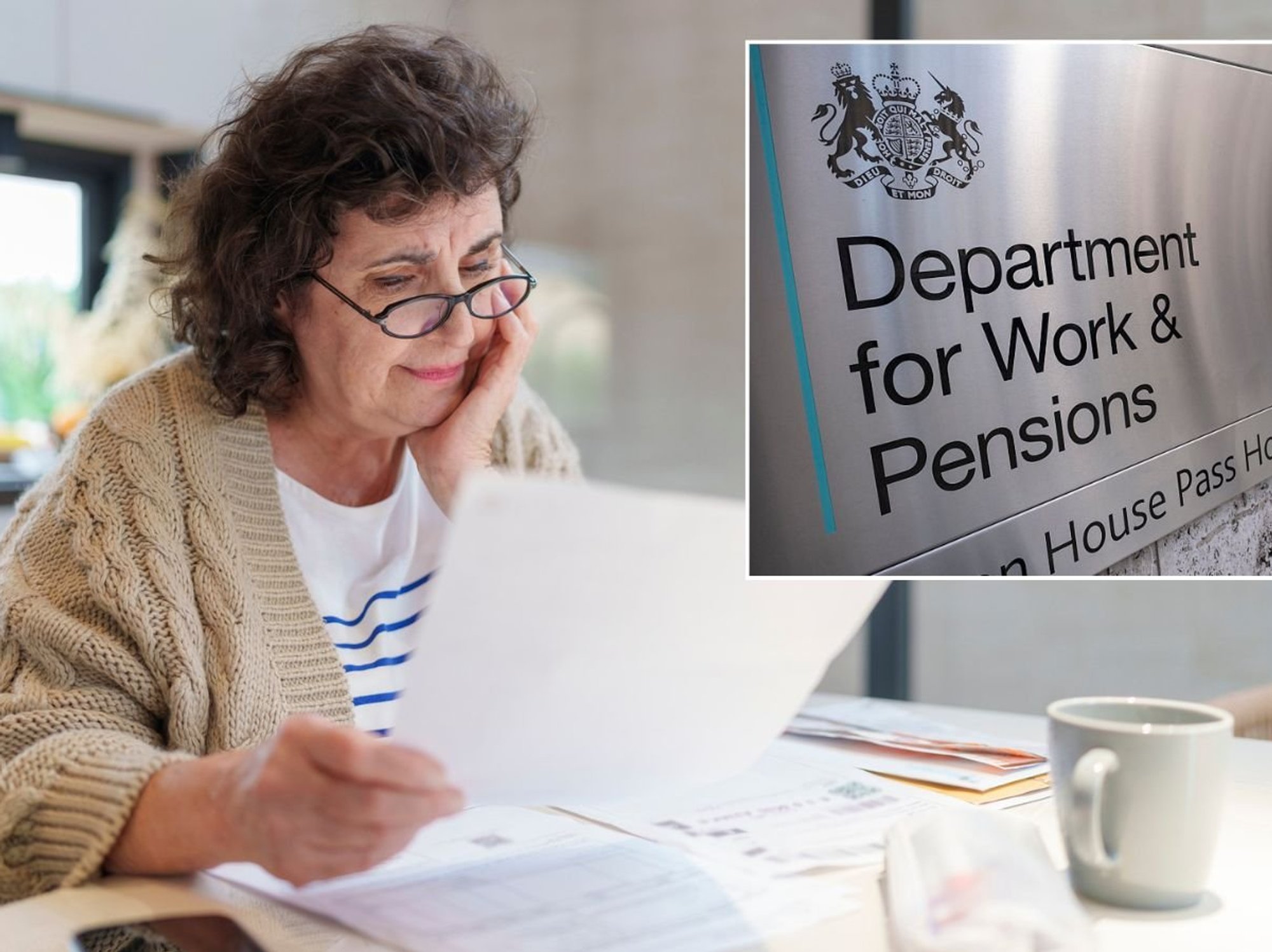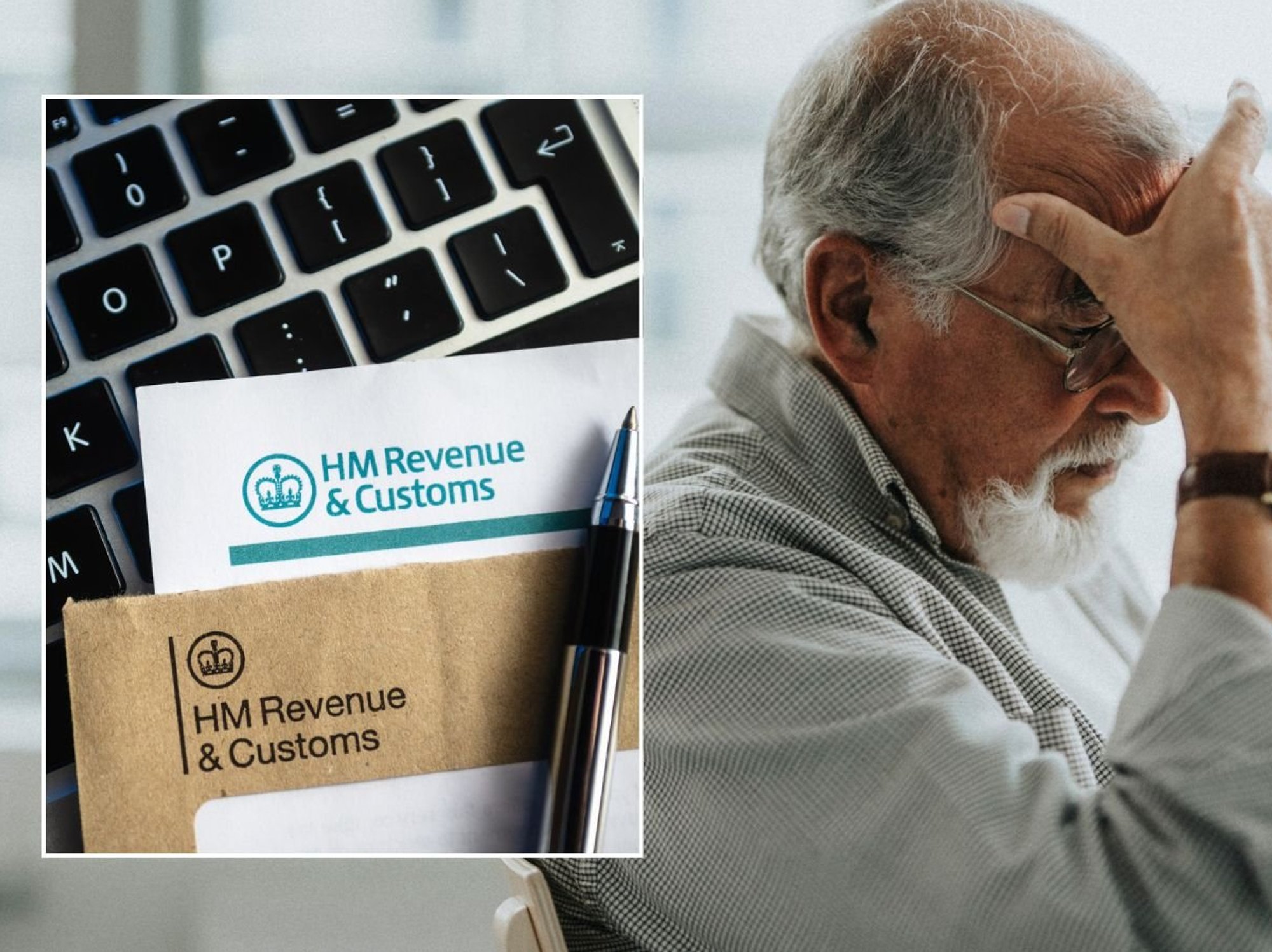Council tax bills could rise by £380 for rural Britons under 'spiteful' Angela Rayner proposal

GB NEWS

Deputy Prime Minister Angela Rayner is understood to be exploring council tax reform
Don't Miss
Most Read
Households in England's rural communities will see their council tax bills increase by between £376 and £380 over the next four years as a result of funding changes proposed by Deputy Prime Minister Angela Rayner.
The County Councils Network has calculated that families living in band D properties in countryside areas will pay £2,756 annually by 2029, compared to £2,380 currently.
These reforms aim to redirect resources from rural areas to more deprived urban neighbourhoods through a new local Government finance formula.
A consultation on the proposed changes concluded last Friday, with implementation anticipated from next year.
**ARE YOU READING THIS ON OUR APP? DOWNLOAD NOW FOR THE BEST GB NEWS EXPERIENCE**
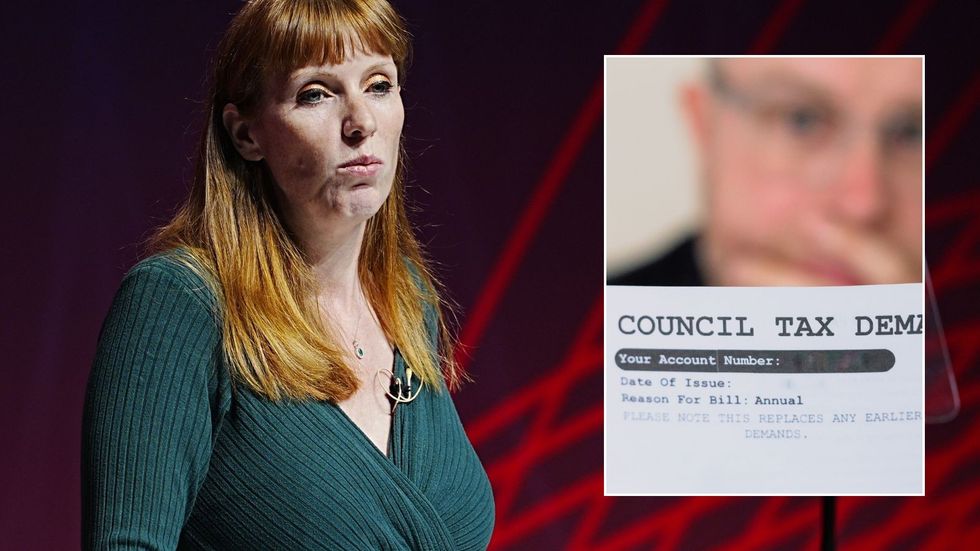
Council tax could rise under Angela Rayner's rumoured proposals
|GETTY / pa
The overhaul affects local authorities representing nearly half of England's population, primarily those governing rural towns and villages outside major metropolitan areas.
Funding redistribution will transfer approximately £1.6billion in council tax revenue from rural authorities to urban centres, particularly benefiting major towns and cities in northern England.
Surrey County Council faces the most severe impact from the planned changes, with an estimated loss of £160million over a three-year period.
Tim Oliver, who leads Surrey County Council and chairs the County Councils Network, stated: "Surrey county council will lose something in the region of £160million of funding over three years."
Do you have a money story you’d like to share? Get in touch by emailing money@gbnews.uk.
He explained that despite Surrey residents paying the highest council tax rates, the authority would receive no funding increase over the coming three years.
"In the meantime, money is flowing out of Surrey to other parts of the country," Mr Oliver added.
The reforms acknowledge that rural areas typically face higher costs for delivering public services but still impose what the CCN describes as a "disproportionate burden" on countryside taxpayers.
Rural authorities will need to implement the maximum permitted council tax increase of 5 per cent annually over the next three years to manage the funding shortfall, according to the CCN's analysis.
MEMBERSHIP:
- Interactive map reveals how many migrants have entered on Keir Starmer's watch - find out the number in YOUR area
- Labour's property tax is about to wipe out the middle classes in London and the South East - Kelvin MacKenzie
- Trigger warning: What I have to say about Notting Hill Carnival will deeply upset the woke - Peter Bleksley
- Reform UK faces eight pivotal tests in 24 hours as Nigel Farage gears up for battle following shock resignation
- POLL OF THE DAY: Following the Epping win, should we close all migrant hotels? VOTE NOW
Mr Oliver warned that years of efficiency measures have left councils with few options beyond reducing frontline services. "Every year we look to make efficiencies. There is not a lot left to cut other than frontline services," he said.
He cautioned that numerous councils nationwide face the genuine possibility of either slashing services or failing to balance their budgets, potentially leading to bankruptcy declarations.
The reforms particularly disadvantage councils in areas with higher property values, Mr Oliver noted. He explained: "They have bigger houses so they are in a higher tax band. It disproportionately affects higher value houses that already pay more council tax."
Conservative leader Kemi Badenoch accused the Labour government of displaying "utter contempt for people living in rural Britain."
LATEST DEVELOPMENTS:
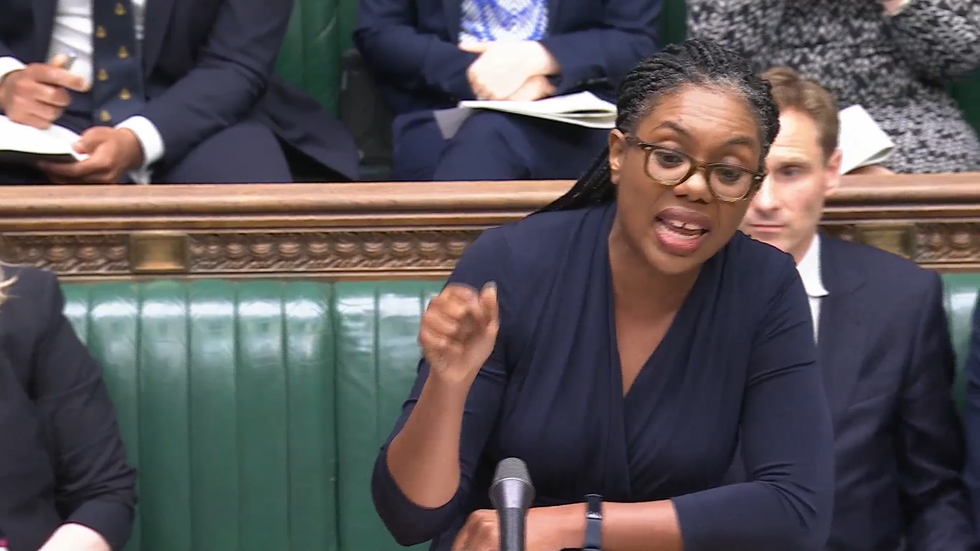
Kemi Badenoch has slammed Labour's record when it comes to rural Britain
| GB NEWSShe claimed: "This latest spiteful change will steal more money out of the hands of county councils and send it straight into Labour-run urban areas. Only the Conservatives are serious about standing up for our rural communities."
Reform UK's deputy leader Richard Tice suggested the reforms amounted to gerrymandering, arguing that councils were mismanaging funds rather than requiring additional revenue.
"The bottom line is Governments can't keep foisting extra requirements and servics on councils and expect people to just continue to pay regardless," Mr Tice said.
A spokesman for Ms Rayner’s department said: "We do not recognise this analysis. The current, outdated way in which local authorities are funded has left communities behind and damaged local services.
"This must change and is why we are taking decisive action as part of our Plan for Change to reform the funding system so we can improve public services, while maintaining the previous government’s referendum threshold on council tax rises so taxpayers have the final say and are protected from excessive increases."






